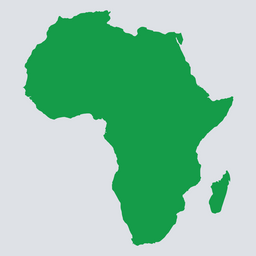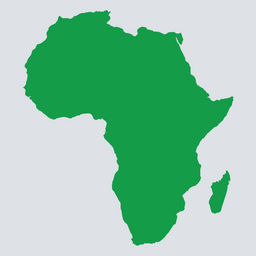OP-ED - What can standing in an iPhone 17 queue in Tokyo reveal about digital power and control? Plenty.
Scarcity and sovereignty play out differently in Tokyo and Nairobi, but the underlying lessons for Africa’s tech builders are strikingly similar.

It's 9:30 AM on the dot last Wednesday in Kawasaki, an industrial city in the greater Tokyo area. Half an hour before the Apple Store opens, and already an orderly, curiously-constituted queue of a dozen or so people has formed outside the front door. My wife Sithabiso and I join behind what appears to be a homeless man, standing against the shop's minimalist glass shopfront in the shadow of Toshiba's looming new global headquarters.
We're all here hoping to cop one of the latest iPhone 17 devices that Apple has taken to drip-releasing for sale. Limited pre-orders and tiny batches made available at their stores to anyone willing to show up early every morning. Pre-order customers need to wait at least two weeks. Want it sooner? Rise early, join the queue, and wish for the best.
Truth be told, neither Sithabiso nor I are inclined to queue for hyped consumer goods, but her four-year-old iPhone SE failed just days before we landed in Japan. With significant savings here versus in South Africa (nearly USD 290 cheaper) and the iPhone 16 being similarly priced and out of stock, we pivoted and tried our luck.
Most coveted are the new flagship iPhone 17 Pro models which, word on the street suggests, only about 10 to 20 drop per store daily. Odds improve for anyone seeking an entry-level iPhone 17 model (256GB or 512GB) as roughly 40 are said to be made available per shop every day. So, we're hopeful.

The store manager we'd spoken to the day before, a Spanish-accented English-speaking gentleman who'd paused overseeing an in-store demo of the iPhone 17 Pro's camera to a seated audience of 30-odd people watching the capabilities on a large screen with rapt attention, had advised us to try our chances by arriving before opening. He was, however, at pains to let us know he could make no guarantees our effort would be rewarded.
Soon as the doors opened and Apple’s staff came to take our orders, the Pro models were claimed by the first few people in the queue. Two units allowed per person, apparently. We couldn't help but notice what seemed like scalpers enlisting vulnerable locals, including some homeless-looking and down-trodden elderly individuals, to hold spots in the line. Word is sometimes those folks would arrive as early as midnight for an opportunity to 'buy' the phones (on behalf of scalpers offering a small fee like USD 10 per device if successful). Grim side to the hype, for sure.
Ahead of us in the queue, a chatty Greek cybersecurity specialist who's made Tokyo his home for twelve years had been queuing for a 17 Pro three days running, was again eventually denied his prize.
He explained the dynamics with weary expertise. Pre-ordering gets you a two-week wait minimum; showing up at opening is the only way to potentially secure a same-day device, though even then you must return later at a time they determine to line up again in a collection queue (on the inside of the store this time) for the privilege of actually paying and walking out with a phone.
Earlier, he'd casually mentioned that he had familial ties to the late South African rapper Costa Titch (real name Constantinos Tsobanoglou), who tragically died after collapsing whilst performing at Ultra South Africa in Johannesburg in March 2023. One of those small-world moments. Here we were: two Zimbos, a Greek expat with South African musical connections, and dozens of locals, all united in pursuit of rectangles of engineered utility, or rather, desire.
As it happens, the conversation with our Greek acquaintance initially properly got going when I mentioned our surprise that our thoughtfully appointed Tokyo hotel room featured a Sony television that wasn't smart-enabled. Likely a cost consideration rather than technological limitation. "Everyone knows Korean TVs and smart devices are way better," he quipped. "The Japanese hate admitting how much Korean tech is actually in their own products these days."
But this isn't just Apple's global playbook. It's scar tissue from a two-decade battle between local telecom control and outsider ambition.
Rewind to the early 2000s, when Japan wasn't queuing for iPhones; the world was studying its mobile mastery, led by the country's three major carriers: NTT DoCoMo (the dominant player), KDDI (known as au), and the upstart SoftBank. DoCoMo, Japan's largest mobile telecommunications company and a subsidiary of the government-backed NTT (Nippon Telegraph and Telephone Corporation, with the state holding roughly one-third of its shares), set the standard with its innovative i-mode service.
Launched in 1999, i-mode was a walled garden of micropayments, ringtones, and apps that achieved 90% penetration by around 2006. It featured subsidised gadgets and ecosystem lock-in through FeliCa (Sony's contactless chip technology that powers everything from Suica train passes - those prepaid rechargeable cards for Tokyo's trains - to vending machine payments). Like Safaricom's M-PESA would later prove to be on the other side of the planet, it was a fortress built on local consumer behaviours and regulatory norms.
When Apple came knocking in 2007, seeking entry into this tightly controlled market, DoCoMo held out until 2013 to protect its ~¥500 billion (~USD 5 billion) revenue moat. But SoftBank, led by the now world-renowned entrepreneur Masayoshi Son, whose company has since expanded into robotics, AI, and global investments, seized the opportunity first in 2008, accepting Steve Jobs' strict "no customisation" terms.
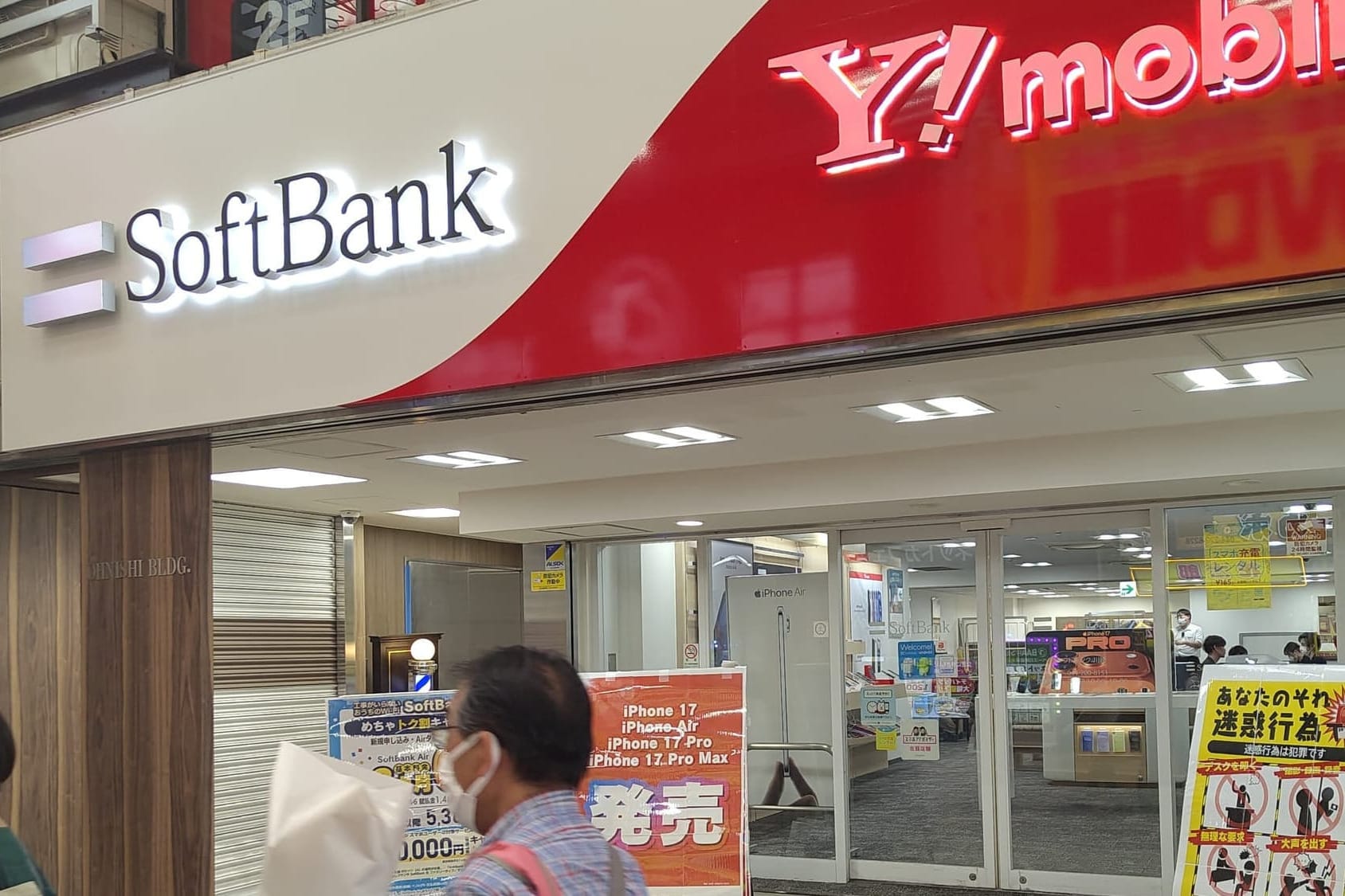
To contextualise this evolution, here's an abbreviated timeline of Apple's Japanese market journey:
- In 2024, SoftBank stabilised around 45 million subscribers, while DoCoMo led with 82 million, emphasising 5G and fintech; Apple's iPhone 16 saw strong pre-orders due to AI features like LINE integration. (LINE is the super app that makes WhatsApp look primitive, handling everything from messaging to shopping to government services.)
- By Q1 2025, Japan's smartphone market surged 31% YoY, with Apple capturing most growth and a 57% YoY sales boost from budget variants.
- As of Q3 2025, Apple holds approximately 49% market share, though figures vary by source amid economic factors.
This queue? It's the aftermath of that capitulation. Scarcity tactics now keep demand humming in a market Apple dominates.
However, Tim Cook's visit to Japan last week - reopening the Apple Ginza store (Apple's first retail space ever outside the US) amid regulatory scrutiny over browser engines and App Store practices - highlights Apple's attentiveness to Japan's quality-focused, high disposable income-wielding consumers (despite economic slowdowns) and its deference to the country's rigorous regulatory oversight.
There's nothing like the energy in Tokyo! So thrilled to be back and be joined by @number_i_offic for a sneak peek of the all-new Apple Ginza, opening this Friday, September 26. pic.twitter.com/SSEcXbLP3m
— Tim Cook (@tim_cook) September 23, 2025
Yet DoCoMo has adapted somewhat admirably rather than crumbled. Facing an estimated 12.4% YoY mobile revenue dip in Q1 FY2025, they've moved beyond traditional telco, forging partnerships in software-defined vehicles and data centres whilst holding 82 million subscribers.
Apple made concessions too: integrating FeliCA for local payment rails (even Apple Pay needs it to work in Japan), tailoring Apple Intelligence for LINE, navigating antitrust probes, respecting enterprise norms. Both sides stayed humble, remixing their approaches to survive.
Walking through Kawasaki to reach the queue, I'd passed functional phone booths. Actual working payphones in 2025, standing like monuments to Japan's peculiar ability to preserve the old whilst embracing the new.
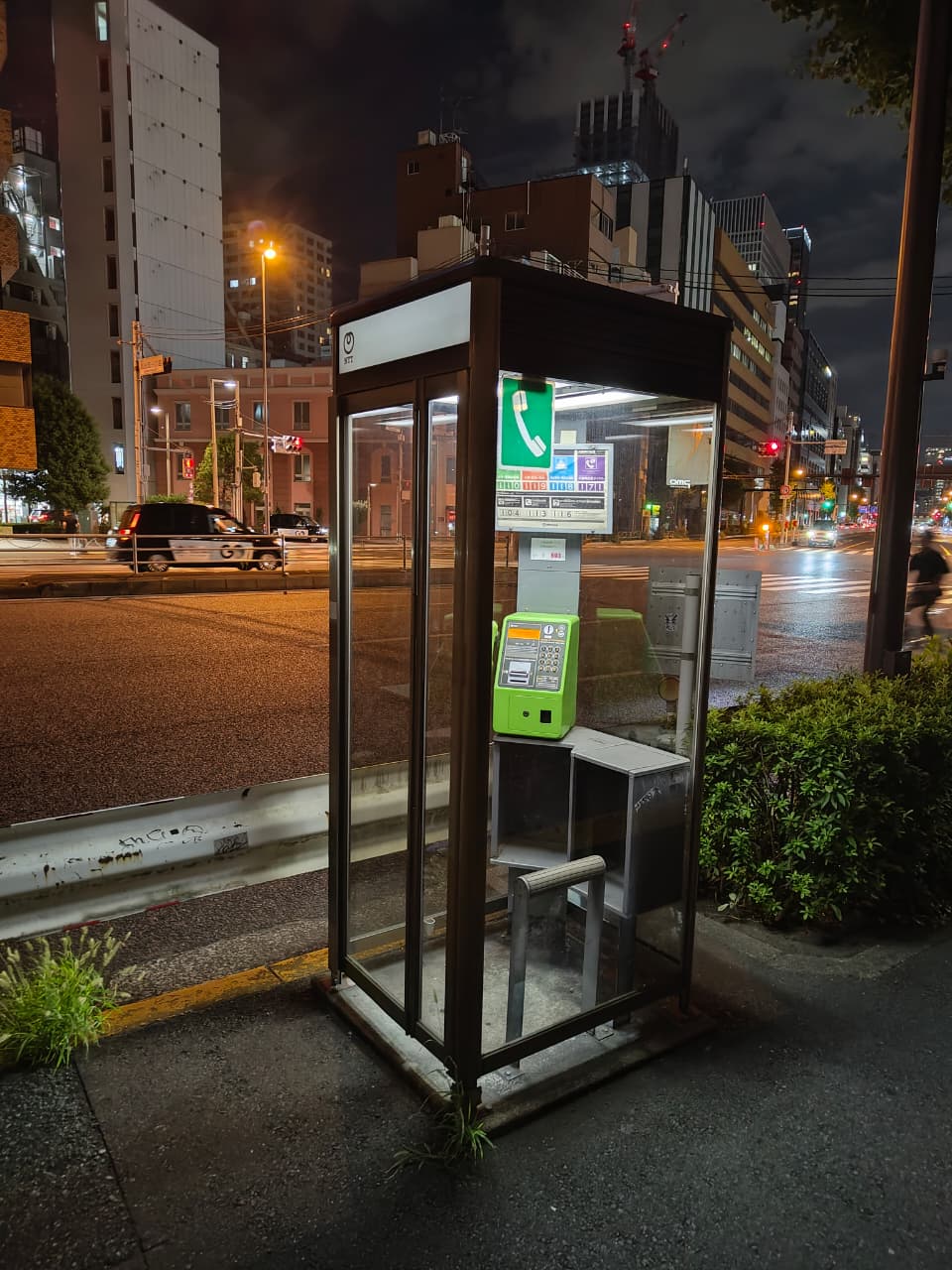
The contrast would become even starker later during forays into Tokyo proper, where 15-floor consumer cathedrals like the one housing Sony's Ginza flagship and, unexpectedly, Sumitomo Life's (partner of Discovery's Vitality in Japan) "Vitality Plaza Ginza Flagship Store". A South African health insurance brand showing up in one of Japan's most prestigious retail temples captures something essential about these spaces: they're global stages where some unexpected intersections occur.
These aren't merely shops but vertical cathedrals to consumption, each brand - Uniqlo, Seiko, Yamaha, Louis Vuitton, Cartier and numerous others - commanding real estate that would house entire businesses elsewhere. They're teeming with both foreign tourists seeking VAT-free bargains and locals who seem genuinely excited about whatever's newest, shiniest, most exclusive.

This dance between sovereignty and surrender resonates powerfully with Africa's current moment. Safaricom's (read Vodafone's) M-PESA, launched in 2007, disrupted incumbent banking much like SoftBank's Apple gamble disrupted DoCoMo. They didn't just adopt foreign tech; they transformed it into an ecosystem serving 50 million users.
The recently announced M-PESA Fintech 2.0 upgrade, said to boost transaction capacity from 4,500 to 12,000 per second, shows the same pattern: defending the pipes whilst creating new revenue beyond traditional telco. MTN and Econet's data centre pushes and AI partnerships echo this playbook. Just as Japan's FeliCA became invisible infrastructure for daily life, M-PESA has woven itself into the fabric of East African commerce. The question isn't whether to use outside technology, but how to maintain control whilst adapting.
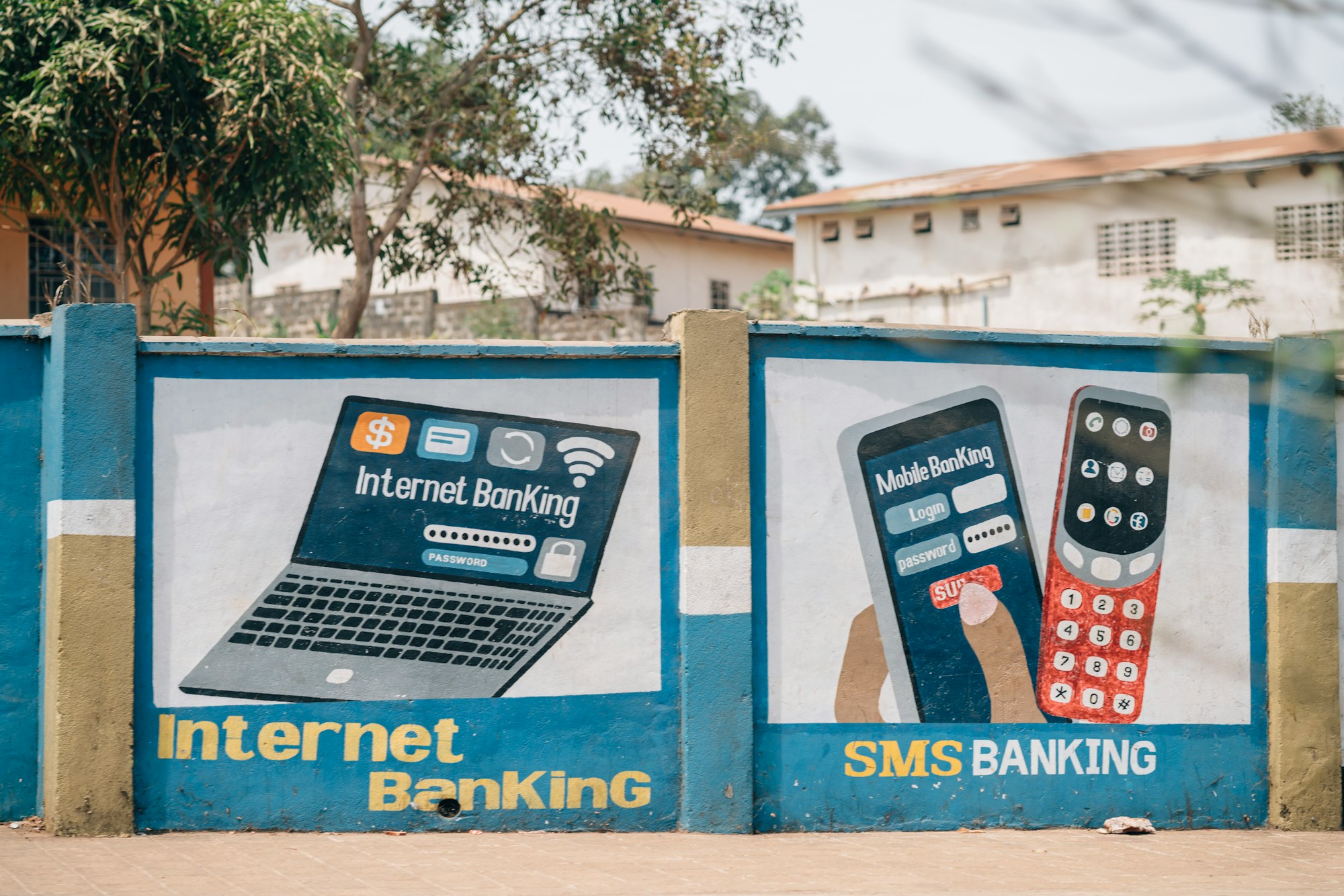
In South Africa, as of 7 AM SAST on September 29th, the iPhone 17 Pro is sold out at every iStore nationwide except limited stock at Eastgate in Johannesburg and Queens Hotel V&A in Cape Town, with online backorders shipping in 1-2 weeks. It's manufactured scarcity mirroring Kawasaki, but in Africa's context, it underscores uneven access. Premium pricing gaps amid import lags cultivate thriving black markets and spur innovative workarounds.
What strikes you most isn't the consumption itself but how it coexists with remarkable social cohesion. The morning rush in Tokyo reveals armies of black-and-white-clad corporate employees moving with choreographed precision, never speaking on phones during train journeys, maintaining a public courtesy that feels almost anachronistic in our globalised world.
Yet this same society that prioritises collective harmony also embraces a particularly intense form of consumer fervour. The pursuit of the yen, as someone in the queue put it, feels almost religious. No matter what you own, what you bought yesterday, how full your wardrobe, Tokyo's commercial landscape ensures there's always something else to want.
Japan's peculiar history of sovereignty provides an ideal laboratory for observing these dynamics. Technically never colonised despite gunboats at its shores and wartime devastation, it absorbed Western technology on its own terms during the Meiji Restoration, then built its own empire. From centuries of isolation to imperial aggressor (awkwardly, both modern day North and South Korea were subject to Japanese occupation at some point) to occupied territory to waning economic miracle.
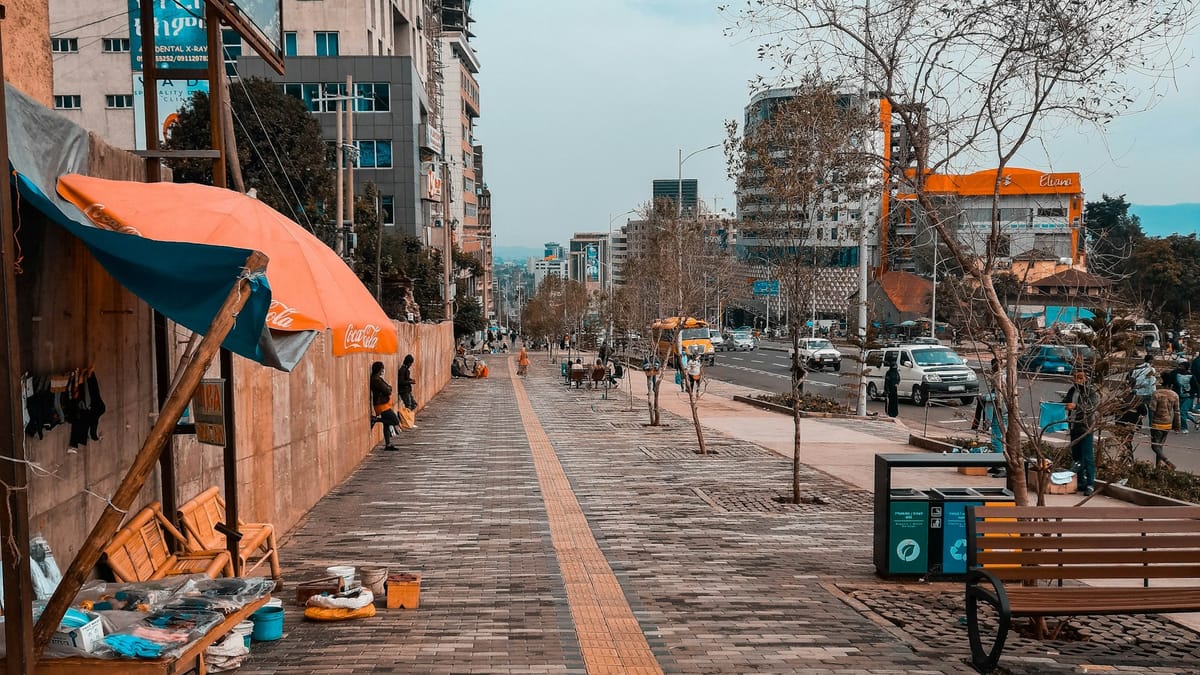
They seem to contend with sovereignty uniquely here: as something negotiated, defended, wielded. DoCoMo's thirteen-year resistance to Apple wasn't mere stubbornness but striving for sovereignty by other means, the same instinct that once strategically transformed foreign threats into domestic strength.
I later thought about what the Kawasaki Apple Store queue revealed. In parts of Africa, we clamour chaotically for fuel during shortages, for forex when currencies collapse, and even for government grants. In Tokyo, they queue pristinely for products deliberately withheld and for trains rarely ever late. Same ritual, different scarcity. Same waiting, different wanting.
Editorial Note: A version of this opinion editorial was first published by Business Report on 30 September 2025.


